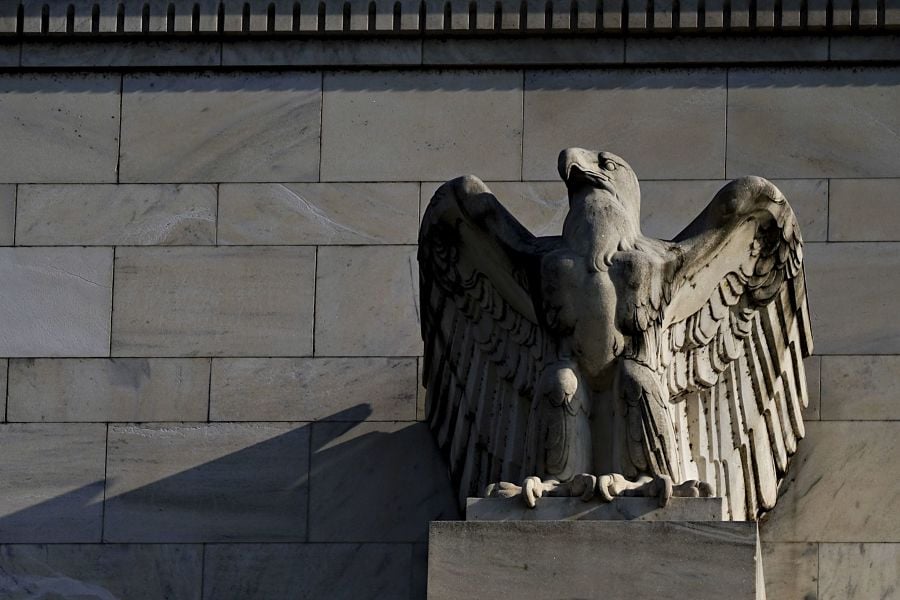

Federal Reserve Governor Randal Quarles will step down from the central bank in the last week of December, freeing up another vacancy for President Joe Biden to fill as he considers new leaders for the central bank.
The Fed announced Quarles’ upcoming resignation in a statement on Monday.
Quarles joined the Board in 2017. His four-year term as Vice Chair of Supervision ended in October, though he has a term as a governor that runs to January 2032. Fed officials traditionally have stepped down once their leadership roles end.
In addition to this vacancy, Biden has an opportunity to pick a new chair, as Jerome Powell’s tenure at the helm expires in February. Also, Vice Chair Richard Clarida’s term as a governor expires at the end of January, and there is an open seat on the board. Together, these appointments give Biden an opportunity to reshape the Fed board.
Biden recently met with Chairman Powell and Fed Governor Lael Brainard, according to people familiar with the matter. Brainard is the only sitting governor on the Board appointed by a Democrat who is seen as a contender for all three leadership positions.
The White House declined to comment on Quarles decision to depart.
Quarles has been criticized by Sen. Elizabeth Warren, the Massachusetts Democrat, for sanding down bank regulations during his tenure, and she has also said she would not support a second term for Powell.
Quarles, the inaugural vice chairman for supervision, had effectively been sidelined as the chief watchdog of Wall Street banks after the expiration of his title last month. The Fed board also chose not to leave him in place as chairman of the agency’s internal committee that handles supervision and regulation, and that role remains vacant even after he departs as a governor.
His resignation answers a thorny question for the White House, too, which was forced to wonder how long the appointee of former President Donald Trump would stay on the board and slow down the leadership overhaul the administration is planning for the Fed. Technically, Quarles could have stayed in his governor term, and many of his Republican friends had asked him to hold on into 2022.
Quarles was widely considered a friendly face for Wall Street, having worked as a bank investor and industry lawyer. The former executive at Carlyle Group Inc. oversaw a number of bank-friendly rule changes, though he didn’t -- as was feared by progressives when he was appointed -- set fire to the regulations put in place after the 2008 financial crisis. As vice chairman and in his tenure leading the international Financial Stability Board, Quarles spent much of his time marshaling the response to the Covid-19 pandemic’s economic damage.
After his exit, Brainard and fellow Governor Michelle Bowman will continue to work together on the Fed’s supervision committee. If Powell returns for a second term as chair, he has said he’ll defer to Biden’s next vice chair appointee to take the lead on Wall Street oversight.

Relationships are key to our business but advisors are often slow to engage in specific activities designed to foster them.

Whichever path you go down, act now while you're still in control.

Pro-bitcoin professionals, however, say the cryptocurrency has ushered in change.

“LPL has evolved significantly over the last decade and still wants to scale up,” says one industry executive.

Survey findings from the Nationwide Retirement Institute offers pearls of planning wisdom from 60- to 65-year-olds, as well as insights into concerns.
Streamline your outreach with Aidentified's AI-driven solutions
This season’s market volatility: Positioning for rate relief, income growth and the AI rebound
